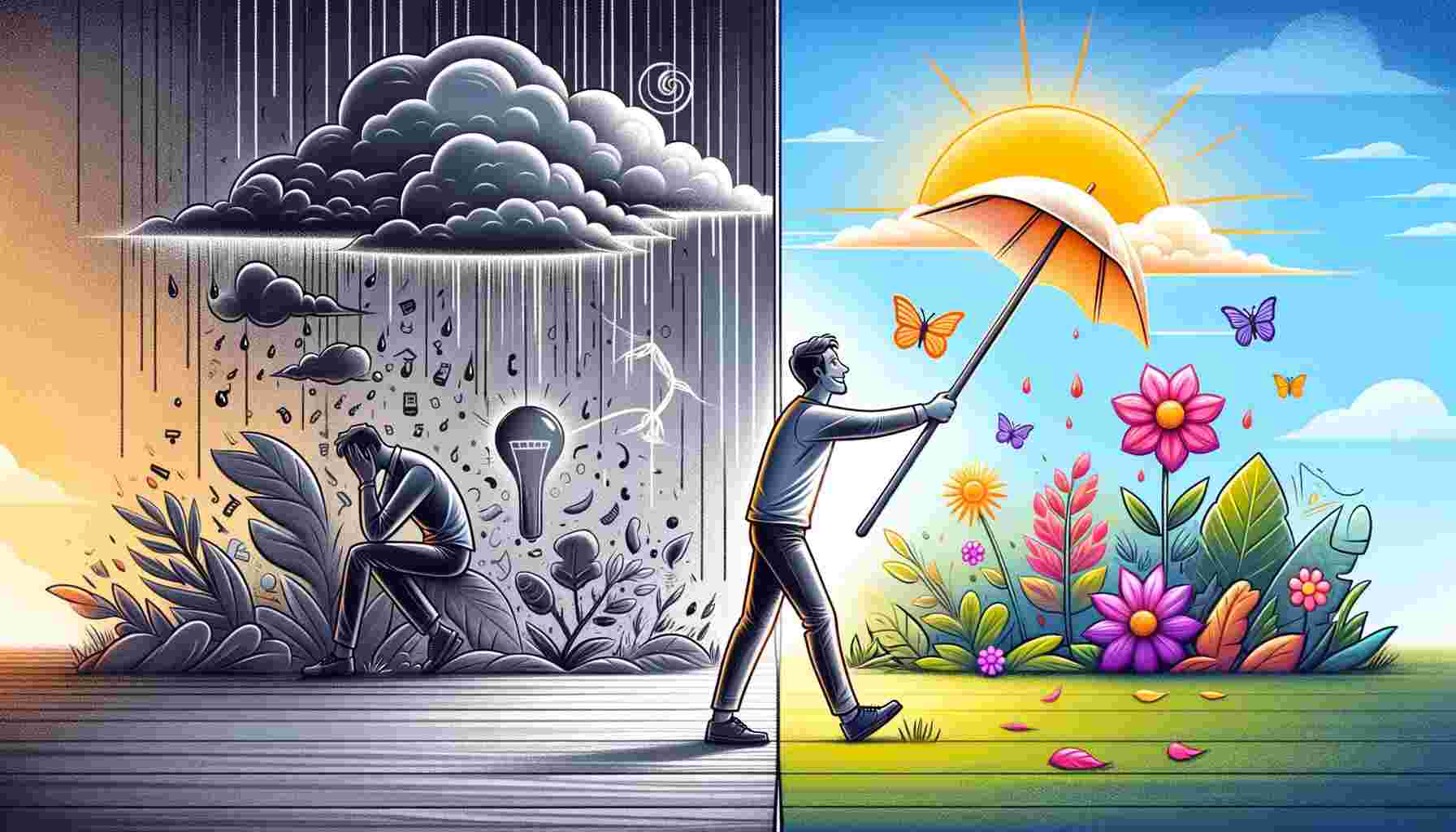My nine-and-a-half year old son is taking Muay Thai lessons.
Here is something I find extremely interesting.
Every now and then he is instructed by his coach Stelios Panagiotou to execute what is known as a ‘Superman punch’. Compared to his fairly attenuated reaction to performing techniques not carrying such adjectives, when he gets the ‘superman punch’ instruction, his posture instantly lifts and his energy level rises.
The subtle psychic kick caused by the Superman association translates into more physical energy.
The interplay between perception, emotion and energy is remarkable.
When we reframe aggravations and focus on stories of progress and growth, we experience positive emotions. On the other hand, when we are possessed by pessimistic narratives or focus on setbacks or a lack of progress, we experience negative emotions.
For example, getting stuck in traffic can be frustrating due to a potential delay in reaching our destination. However, if we shift our perspective and instead see it as an opportunity for self-development – listening to podcasts, taking deep breaths and expressing gratitude, enjoying some music – we can transform the negative experience into a positive one. The power to modulate our emotions often lies in our ability to shape our perceptions and experiences through the stories we choose to tell ourselves.
On the power of reframing, even a slight twist in the script can make a difference.
Consider the declaration: ‘I’m taking piano lessons this year.’ At first glance it may look like a totally ordinary statement. Seth Godin suggests that the term ‘taking’ lessons is both an accurate and horrible term. He writes:
It’s hard to imagine that most people would look forward to taking lessons. In the piano or arithmetic or anything else.[i]
There seems to be a better story to tell ourselves.
Instead of ‘taking lessons’, try saying this: ‘I get to learn how to play the piano this year.’ Do you see the difference?
Similarly, instead of saying, ‘During the weekend I have to spend some time with my parents,’ say, ‘During the weekend I get to spend some time with my parents.’ Or instead of saying, ‘I have only ten minutes left to finish my coffee in this beautiful park,’ say, ‘I get to spend another ten minutes sipping my coffee in this beautiful park.’ Replacing have to with get to flips a story about a choreinto one about the privilege of doing something.
Finally, when faced with a tough problem, instead of asking ‘What should I do?’, which narrows your options, ask ‘What could I do?’, which widens your possibilities.
Once again, semantics matter as they change our internal narrative and thus the type of psychic energy our narrative emits.
How about you? Have you found that by flipping the script you can change the emotional valence of the events in your life?
Let me know in the comments below!
Philippos
PS1: Have a happy, marvellous and prosperous 2024! I hope the new year ahead inspires you to craft narratives and stories that will serve and help propel you in the direction of your dreams.
PS2: The above text constitutes an extract from my latest book “The MARVEL of Happiness: Principles, Stories and Lessons for Living Fully”. All rights reserved.
PS3: In the 2nd Edition of my aforesaid book I explore the concepts of narrative bias as well as the link between perception and emotion in more detail.
[i] Seth Godin, ‘“Taking” lessons’, Seth’s Blog, 13 September 2020 (https://seths.blog/2020/09/taking-lessons/).


